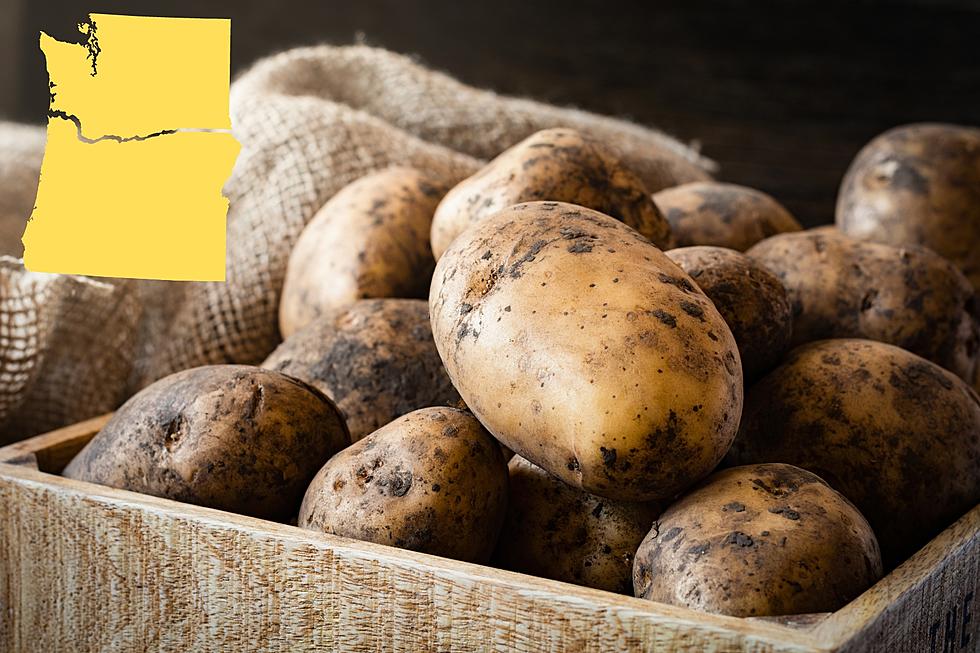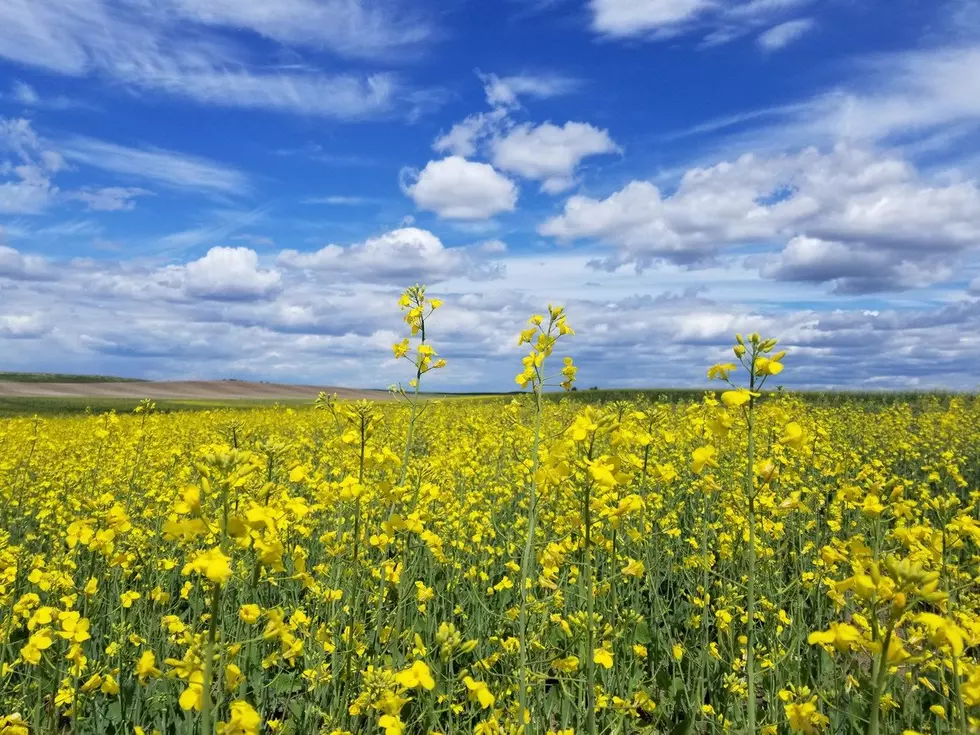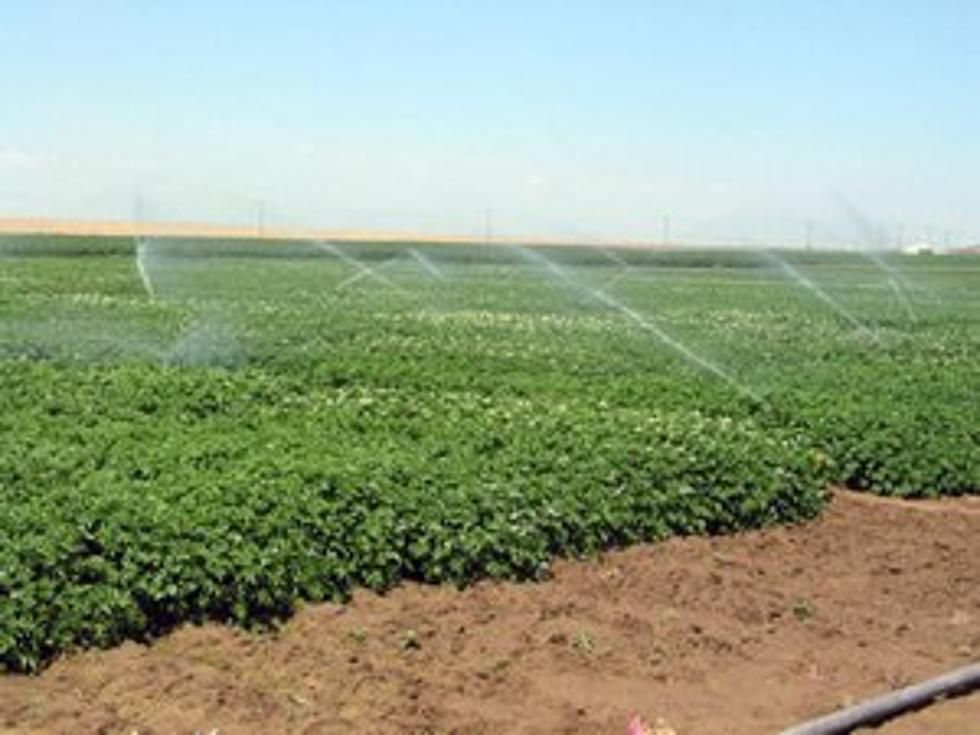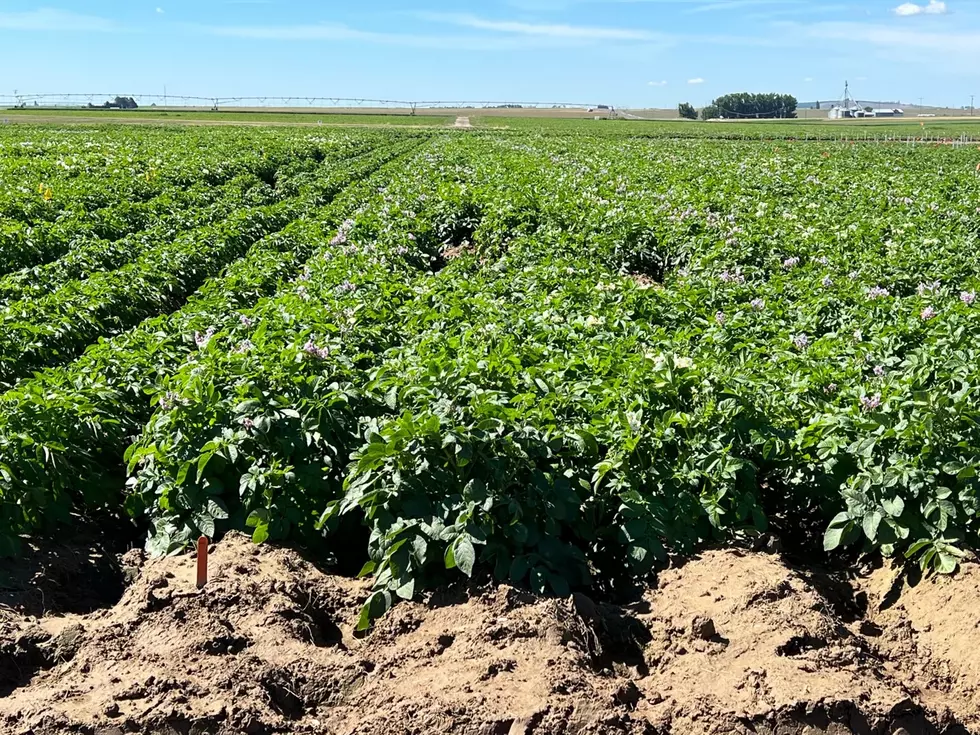
WSU Gap Funding Issued to Plant Genetic Project
A WSU project that focuses on being to turn on or off parts of a plant that can make it more tolerant of drought or salt stress, specify seed development and much more just got some funding through WSU’s Commercialization Gap Fund.
Sutton Mooney said they are working with brassica right now and trying to manipulate how proteins work in the plant.
“What we found is that if we disrupt the specific interaction that prevents proteins from being degraded when their job is finished then we can increase the benefits that come from that protein being active for longer.”
That would provide better stress tolerance.
The project will move onto potatoes as part of the funding and the hope is that they can create the ability for a farmer to tailor their crop development to the conditions they are experiencing.
Mooney stressed that they don’t want to interrupt natural processes all the time as that could damage the plant.
“What we’re trying to do is design these plants so that if there is a drought or if there is too much salt in the soil, only then does this whole system kick into place.”
Mooney said they are very early in the testing process so it will be several years before their work could be put into commercial orchards, but they hope to have something that could be used anywhere in the world and tailored to a specific location’s challenges.
If you have a story idea for the Washington Ag Network, call (509) 547-1618, or e-mail krounce@cherrycreekradio.com.
More From PNW Ag Network









